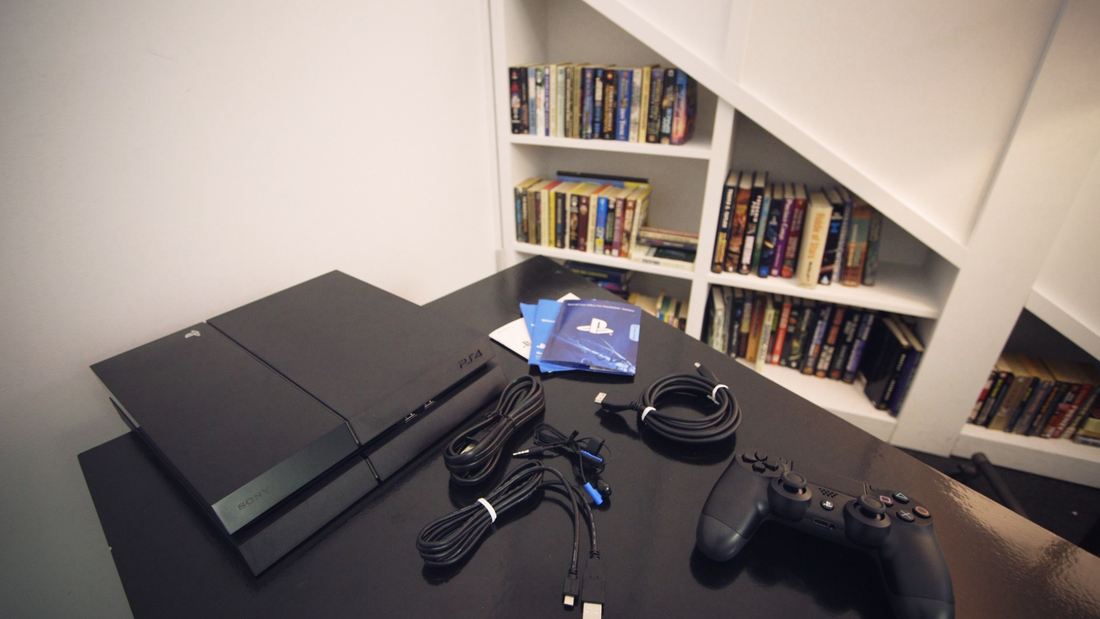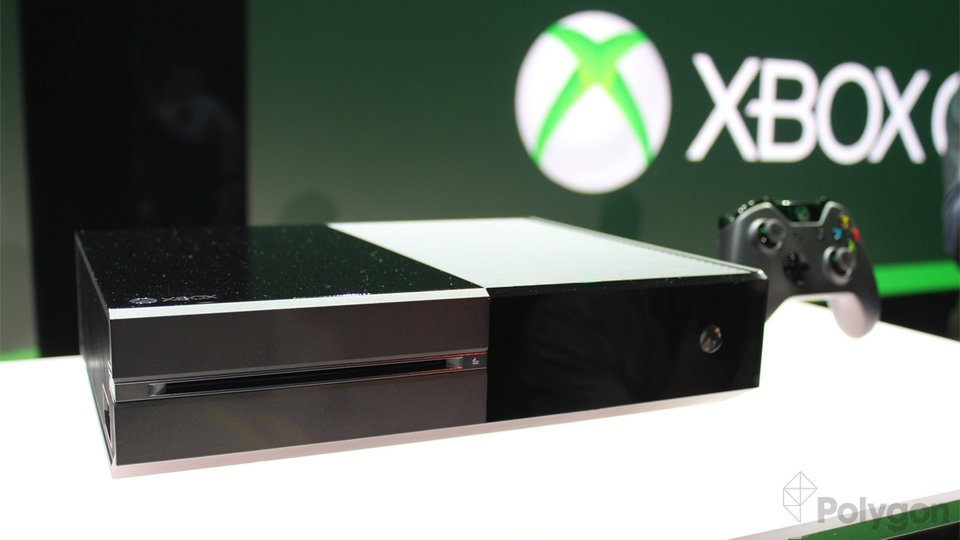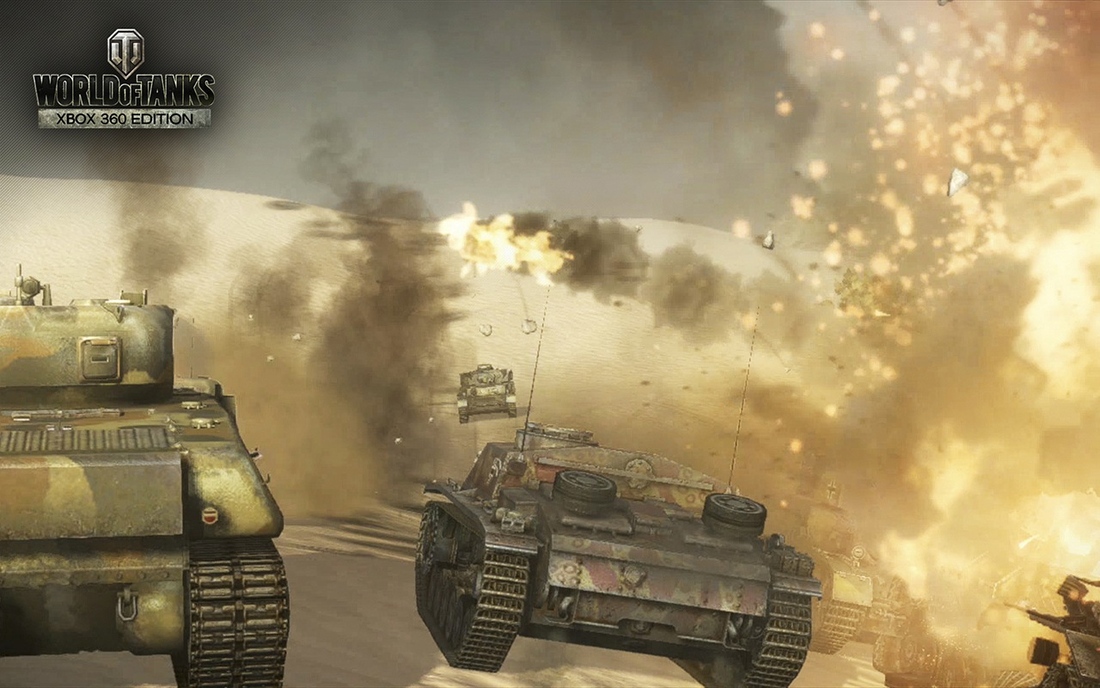/cdn.vox-cdn.com/uploads/chorus_image/image/23129979/gen-next_photo___11_of_18_.0.jpg)
Consoles have traditionally held a strong position in the world of gaming. They were kings of the living room, providing their users with a form of entertainment that couldn't be found anywhere else. Unless you were a PC gamer, nothing came close to the console experience. And even if you were a PC gamer, the PC ports of console games were often poorly assembled and riddled with bugs.
For years, consoles had a firm grasp on a large market. The PlayStation 2 alone sold 155 million units as of March 2012. It was believed that the following generation of consoles, characterized by the PlayStation 3, Xbox 360 and Nintendo Wii, would perform even better. Barring the wild success of the Wii, it didn't. Sony's and Microsoft's offerings didn't even come close to matching the previous generation's numbers.
On the eve of the launch of the PlayStation 4, and a week out from the launch of the Xbox One, Polygon spoke with developers and publishers who are skeptical about how the new consoles will perform. There was a common thread in their thoughts: that next-gen might not actually be about the consoles.

POWER TO THE PC
The PlayStation 4 and Xbox One have been marketed as the most powerful consoles ever made, with the processing power and memory to match that of today's PCs. But short of posing a threat to PC gaming, the president and CEO of Stardock Brad Wardell believes that the introduction of these next-gen consoles will actually make PC gaming more relevant.
"I think you're going to see a lot more PC games come out of this because the platforms are now very similar," he told Polygon. "With the PS3 and Xbox 360, the hardware on those were substantially different to the PC at the time. The PS3's cell processor was a very different animal, so the effort to port a game to the PC was significant enough that it was a barrier to entry."
"This time around, whatever game I can make for PC I can also make it for console."
The result, Wardell said, is many console developers either didn't bother to port their games to PC, or PC gamers got the short end of the stick with an inferior version of the game. Games made for consoles were often difficult to scale up to the specs of a PC because they were simply never made to perform at that level. "The CPU power [of those consoles] wasn't near anything you could do on a PC," Wardell said. "By contrast, because these new consoles have eight cores, you can do some really crazy stuff. Both the PS4 and Xbox One have 8GB of memory. That's huge. So now you can make a game for consoles, and it's already going to be pretty amazing, and when you bring it over to PC, you can simply run it at higher resolutions."
The launch of the new consoles also opens up more opportunities for PC game developers. According to Wardell, many PC game developers didn't even consider bringing their games to the PS3 and Xbox 360 because of the restrictions they ran up against. Doing so often meant sacrificing quality, content or both. Now that the consoles have been brought up to speed, Wardell believes this is the first generation of consoles that Stardock feels it could potentially target.
"We develop for PC first," he said. "And if you're making a game, if your game starts out using 2GB of memory, on the previous generation you just couldn't port it to that platform. You'd have to spend so much time chopping stuff out and crippling the product.
"This time around, whatever game I can make for PC I can also make it for console."
With these new, powerful machines, Wardell believes that console makers "could win it all" ... if they were more like Valve. He says Valve — which operates the online video game storefront Steam — made the PC the platform to develop for. Its game development platform, Steamworks, is free. It lets players distribute games on their own terms and update the games whenever they want. It gives its developers access to more than 60 million Steam users. And it doesn't have the game discoverability issues that consoles have. Consoles may have their own digital marketplaces like Xbox Live Arcade and the PlayStation Network, but it's still heavily reliant on the retail market.
In this regard, the consoles, powerful as they may be, are still lagging behind PCs.

THE MOBILE CHALLENGER
The launch of the PS4 and Xbox One isn't only going to benefit PC gaming. Speaking to Polygon, the CEO of Rumble Entertainment Greg Richardson said many mobile and browser-based free-to-play game developers will also have something to gain, but not in the same way as PC game developers.
According to Richardson, when the next-gen consoles show the world what they're capable of through the release of high-quality AAA games, it will hopefully be a wake-up call to mobile and free-to-play developers who have been creating games that try to monetize players before they try to entertain players.
"I think the bigger story is they're both playing catch-up to the tablets..."
"The console industry has created hundreds, if not thousands of games that are now considered classics in people's entertainment consumption history," Richardson told Polygon. "Here we are, four years into the free-to-play world, and there have been like 40,000+ apps on Facebook and mobile devices, and how many of those are we going to call classics fives years from now? Close to zero. Certainly less than five in my mind."
Richardson says the new consoles will remind developers what great entertainment value looks like. It will remind many free-to-play and mobile developers that there is a standard to strive for, and to think beyond finding ways to monetize their games.
On the flip-side, he believes that consoles are becoming increasingly irrelevant. Richardson points out that there was a widely held belief for many years in the games industry that the power of graphic fidelity would drive better game content, which would in turn drive a bigger audience for game consoles. But if the sales for the PS3 and Xbox 360 are anything to go by, this isn't the way the market went. The numbers went and continue to go to tablets and smartphones at an explosive rate. The iPad has already sold more units in three years than the PS3 and Xbox 360 combined sold in seven years. When the sales figures for Android devices are added, tablet sales dwarf that of consoles.
While it may seem irrelevant to compare two very different devices to one another — the console being a powerful, dedicated gaming and entertainment machine, the tablet more commonly used for multitasking and the enjoyment of shorter, simpler games — Richardson says they are very much worth comparing.
"What you're getting here is a fundamental shift of incredibly powerful gaming devices moving out of the living room and these tethered consoles to a device that people can have with them all day long," he said. "These tablets are really incredible from a graphic fidelity point of view. So when we look at the relevance of this generation of consoles, I think the bigger story is they're both playing catch-up to the tablets in terms of where consumers are and where they choose to play games."
According to Richardson, many gamers believe that tablets can't achieve the same quality of visual effects as consoles, but he doesn't believe this is true. Whether it's 3D graphics, the ability to play in real-time with other people, controller support or being able to run games that have large words and layers of strategy, Richardson says there's no reason those kinds of games can't be on tablets. Those devices simply haven't been taken advantage of to the fullest yet. It is something that Rumble Entertainment and other studios are pursuing.
If tablet games do eventually achieve console quality, does this mean players will choose one over the other? Not necessarily. In fact, Richardson believes there will always be players in both places, and a percentage of gamers will always want the console experience. A growing number of console games roll both into one with tablet and mobile companion apps that allow players to stay engaged with the console game through their smartphones and tablets. But what we will see is the time spent playing games on tablets eating into the time spent playing games on consoles. Consoles will still have their place, but the dream of growing an audience to one bigger than that of the PS2 will become increasingly out of reach.

THE OTHER MOBILE CHALLENGE
It's not only powerful mobile devices that pose a challenge to consoles. According to the CEO of Raptr Dennis Fong, the PS4 and Xbox One are going to encounter the issue where every other platform is teaching users certain behaviors that, at present, cannot be applied to the console space.
"One of these behaviors is the expectation that when you go download a game or app, it's free," Fong said. "Or you pay how much you want. That free business model is changing the industry. Paying $60 for a product that you don't even know is any good is going to become less and less sustainable over time."
Fong says that anyone with an Apple or Android device is being taught certain behaviors every time they use their device's app store. With more and more games going free-to-play and expecting nothing of the player upfront, there's a current that's rapidly moving, and the consoles are swimming upstream.
This isn't to say the consoles can't adapt, should they choose to. Wargaming embraced free-to-play, and its free-to-play console title World of Tanks went into beta on the Xbox 360 this month. On next-gen consoles, Killer Instinct, Warface and Blacklight: Retribution are among the titles that will be free-to-play. But Fong doesn't see the next-gen systems supporting microtransactions in the traditional way that players are accustomed to. "I think that's going to be a fundamental challenge for them moving forward," he said. "It doesn't mean they can't eventually get there, but I know it's a long ways away."

Fong also touches on distribution as a challenge for the next-gen consoles — not so much distribution of the games, but of the consoles themselves. He compares the number of consoles in the world to the number of PCs and mobile devices that are capable of playing video games. He says both the PC and mobile platforms are going to have the advantage in this regard, because the more players developers can reach, the more they're likely to support a platform.
"I think consoles are actually a very U.S.-centric thing, and maybe some parts of Western Europe," Fong said. "So when you look at global gaming, a lot of consoles are not really taken all that seriously. If you're taking a very U.S.-centric view, then certainly consoles are very important to the future of gaming. But globally, they barely exist in Asia outside of Japan. And a lot of parts of the world are still focused on PC and mobile gaming."
Both the PS4 and Xbox One will face challenges when they launch this month. Some will be technical, as Sony and Microsoft iron out all the problems and hiccups that accompany a hardware launch. Some will be social, as they try to appease an audience that has stuck around with them since the beginning, and woo a whole new audience that is experiencing console gaming for the first time. Whether the consoles stick around, grow their audience or fade away will ultimately come down to how they deal with change — change in what consumers and the industry make, what they teach, what they sell and what they want.